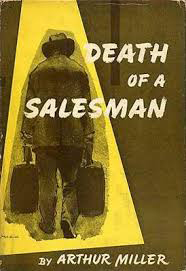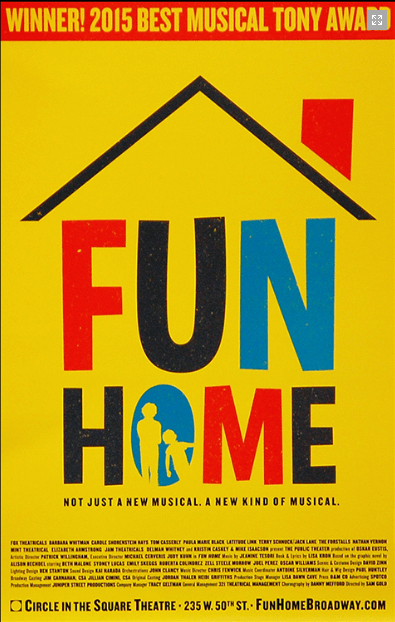Theater: Whose Opinion Matters
By Wendy Caster
arttimesjournal August 12, 2019
 |
The holy grail of New York theater is a rave review in the New York Times. It doesn’t guarantee success (and a pan doesn’t guarantee failure), but a rave certainly increases the odds of the show running. That’s why the paper is quoted all over posters and ads. “Brilliant,” says the New York Times. “Must-see” says theNew York Times. “Ground-breaking,” says the New York Times. Many other cities also have professional critics whose reviews can affect the financial success of a show.
However, financial considerations aside, is there any reason to think that a professional review, even in the Times, is the most accurate barometer of the quality of a show? Is there any reason to think that a paid reviewer is more discerning, tasteful, objective, accurate, or useful than other people who see a show? This question is more relevant than ever now that some professional reviewers are complaining that “anyone who has a blog thinks that they’re a critic.”
When I was young, I thought that the Times was the authority on all things theatrical. Print had that effect on me then, and it certainly never occurred to me that a reviewer might be biased, short-sighted, in a bad mood, or just plain wrong. Or that we might simply have different taste. It wasn’t until I was in college that it really hit me that all the writers were white males and that being white males probably affected their points of view.
A friend was astonished that I didn’t feel the universality of Death of a Salesman. Guess what? This friend is a white male salesman. You know, like Willy Loman in Death of a Salesman. But we've all been told that the white male experience is the experience, so he labeled the play "universal."
I could similarly say that Fun Home is universal, since I relate to it so strongly. But, hey, wait, I'm not a white man...
Of course the white male critics may believe that they're objective, but there’s no such thing. Similarly, there’s no absolute good or bad in the arts.
Is there any reason to take the opinions of paid critics more seriously than the opinions of, say, unpaid bloggers? Some paid critics have theater degrees. Oh, but wait, so do some bloggers. Some paid critics have seen years of theater. Oh, but wait, so have many bloggers. Some paid critics are particularly smart or insightful. Oh, but wait, so are many bloggers.
 |
In other words, the only difference is that paid critics get paid. That's not enough reason to value their opinions over yours or mine.
The idea that professional critics are better than people who write simply for the love of theater is, at best, dated. At worst, it’s dangerous since it buys into and supports the idea that existing institutions are always the authorities and that their opinions are practically facts.
In the past, I was a paid reviewer for a local newspaper in San Diego. Now I’m an unpaid blogger. Was I a better writer when someone chose to pay me? Were my opinions more accurate or better expressed? Of course not. (Though it was certainly nice getting paid!*)
Pilots, doctors, electricians, and scientists need to be genuine experts--and their expertise is measurable. Theatre critics do not fit in this list.
We all have opinions. And, in their own ways, they all matter.
*For the record, I do get paid for my Art Times essays.
( Wendy Caster is an award-winning writer living in New York City. Her reviews appear regularly on the blog Show Showdown. Her short plays You Look Just Like Him and The Morning After were performed as part of Estrogenius festivals. Her published works include short stories, essays, and one book. )
